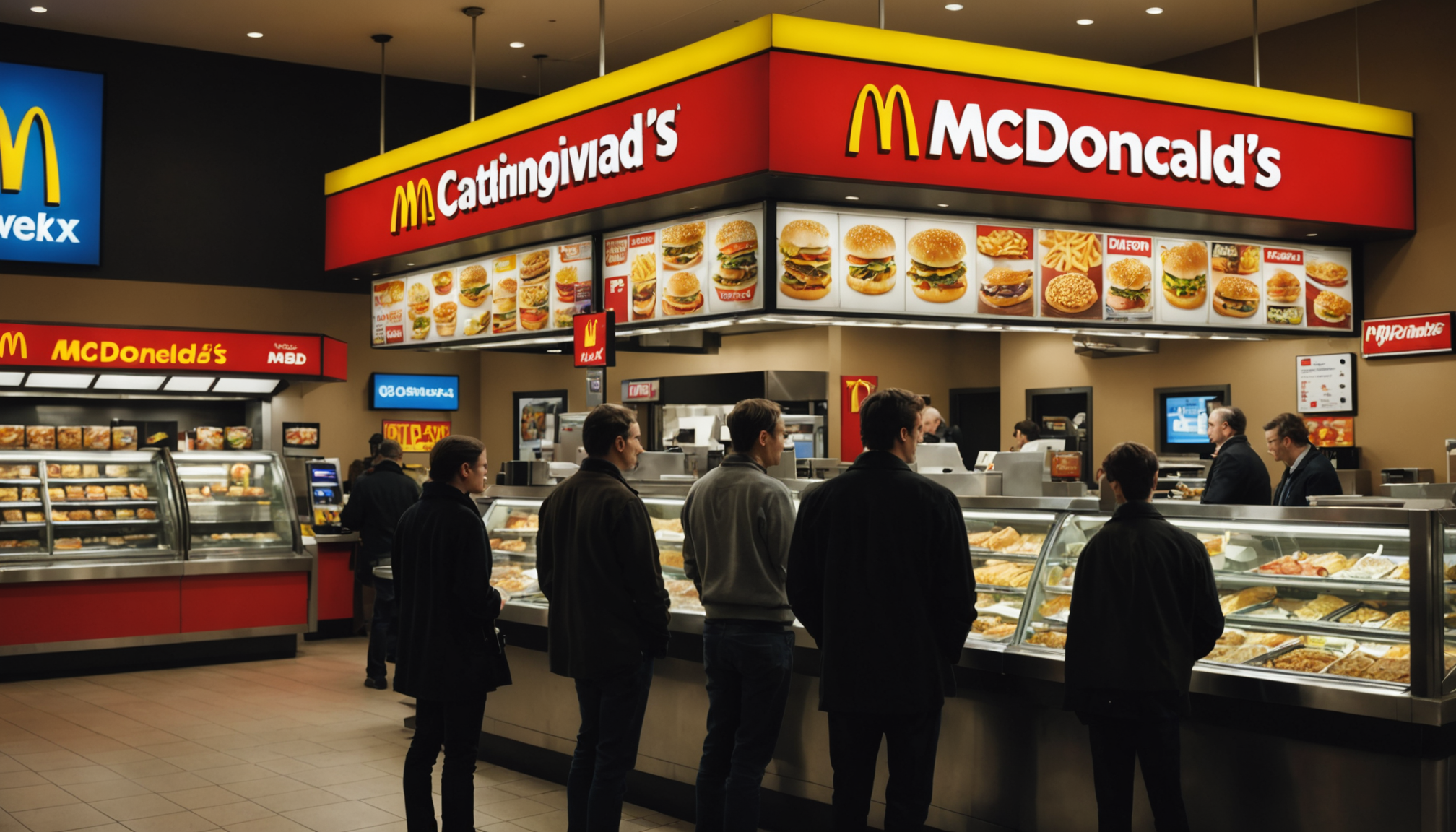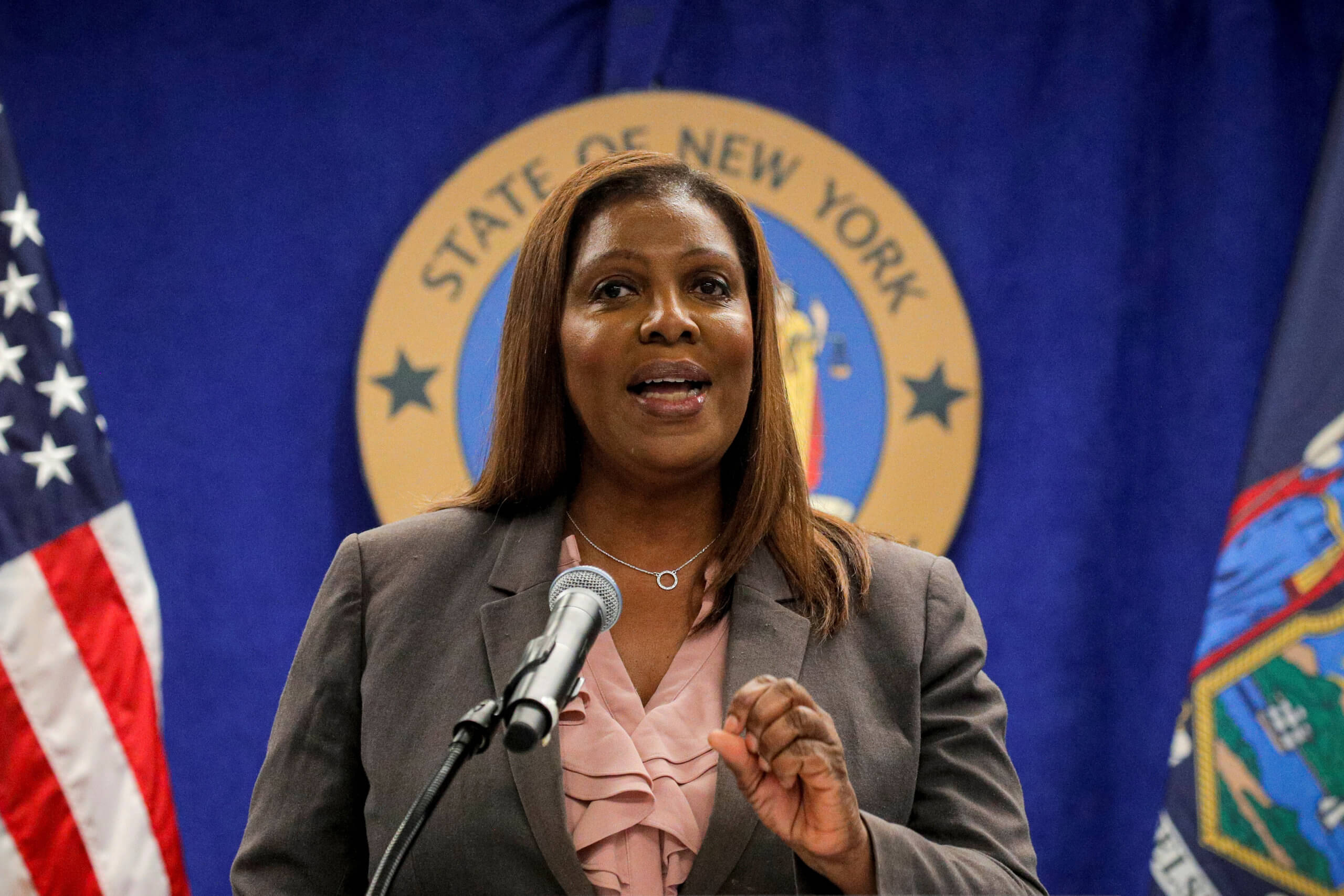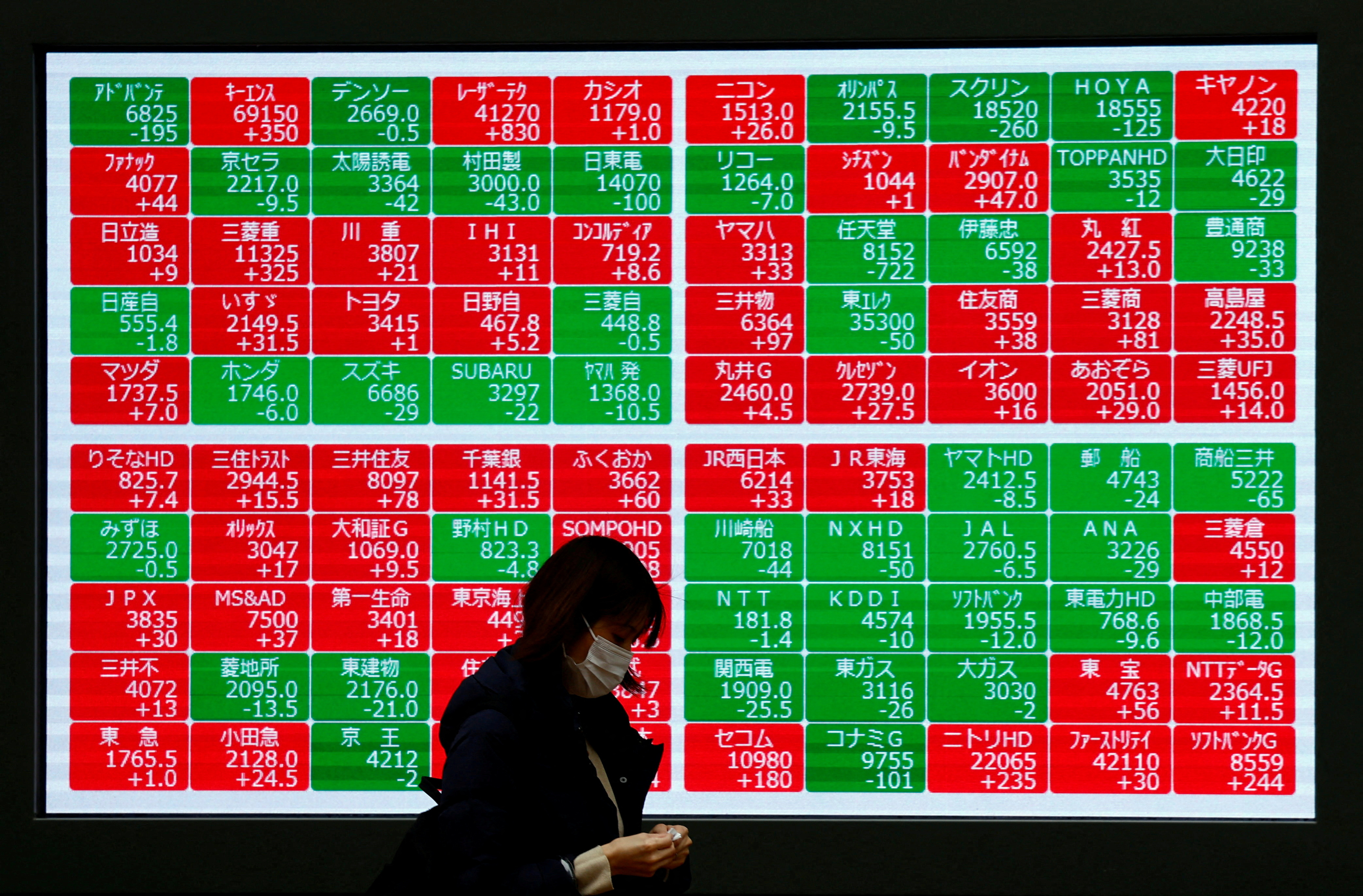
Report on Nationwide Boycotts Against McDonald’s and Implications for Sustainable Development Goals (SDGs)
Introduction
McDonald’s, the world’s largest restaurant chain, is currently facing expanding nationwide boycotts led by a coalition of former franchise owners and advocacy groups. These boycotts are rooted in allegations of discriminatory practices and the company’s recent rollback of diversity, equity, and inclusion (DEI) initiatives. This report examines the developments, stakeholder perspectives, and the relevance of these events to the United Nations Sustainable Development Goals (SDGs).
Background and Context
-
Boycott Initiatives
- Over 40 former McDonald’s franchisees from more than a dozen states have publicly supported a nationwide boycott of the fast-food chain.
- The group is engaged in a federal civil rights lawsuit alleging discriminatory practices dating back to the 1980s.
- The People’s Union USA, a grassroots organization focused on economic resistance and corporate accountability, has also targeted McDonald’s in its “economic blackout” campaign.
-
Company Response
- McDonald’s Corporation maintains a commitment to inclusion, stating that the brand serves millions daily and “opens our doors to everyone.”
- The company denies allegations, characterizing the lawsuit as a distortion of facts and emphasizing its investment in franchisee success and diversity.
Significance in Relation to Sustainable Development Goals
The ongoing disputes and boycotts against McDonald’s intersect with several key SDGs, emphasizing the need for corporate responsibility and social equity:
- SDG 5: Gender Equality and SDG 10: Reduced Inequalities – The allegations of discriminatory practices against Black franchise owners highlight challenges in achieving equality and reducing disparities within business operations.
- SDG 8: Decent Work and Economic Growth – Criticisms regarding worker pay, suppression of workers’ rights, and fair business practices relate directly to promoting inclusive and sustainable economic growth and decent work for all.
- SDG 12: Responsible Consumption and Production – Calls for corporate accountability and ethical business conduct align with sustainable consumption and production patterns.
- SDG 16: Peace, Justice, and Strong Institutions – The pursuit of justice through legal action and advocacy for corporate transparency supports the development of accountable institutions.
Details of the Boycott and Legal Actions
-
Former Franchisees’ Position
- The group supports The People’s Union USA and other community leaders in calling for sustained boycotts until McDonald’s renews its commitment to the Black community and addresses alleged unfair treatment.
- They cite McDonald’s January 2025 decision to retire aspirational representation goals and modify its DEI supply chain commitments as a regression in inclusion efforts.
- The lawsuit alleges unfair policies, unequal treatment, and illegal discrimination against Black franchise owners.
-
The People’s Union USA Campaign
- The organization focuses on economic resistance and corporate accountability, having previously led boycotts against major corporations such as Walmart, Amazon, and Target.
- Founder John Schwarz has publicly accused McDonald’s of price gouging, exploiting tax loopholes, and engaging in performative DEI without substantive change.
Stakeholder Perspectives
- McDonald’s Corporation: Denies allegations, emphasizes diversity in franchise ownership, and highlights support programs for franchisees.
- Former Black Franchise Owners: Assert that McDonald’s destroyed their livelihoods through discriminatory practices and look forward to a judicial resolution.
- John Schwarz (The People’s Union USA): Criticizes McDonald’s for prioritizing profits over people, suppressing workers’ rights, and failing to enact meaningful DEI reforms.
- Kenneth Manning (Lead Plaintiff): Details personal experiences of being steered toward underperforming locations and denied equitable support, resulting in financial losses.
Future Actions and Campaign Timeline
- Current boycott by The People’s Union USA is scheduled to continue until June 30, 2025.
- Planned Independence Day boycott and a month-long boycott in July targeting Starbucks, Amazon, and Home Depot.
- August boycott planned against McDonald’s, Walmart, and Lowe’s.
Conclusion
The expanding boycotts against McDonald’s underscore critical challenges related to corporate responsibility, equity, and justice. These issues are directly linked to multiple Sustainable Development Goals, particularly those focusing on reducing inequalities, promoting decent work, and ensuring accountable institutions. The outcomes of ongoing legal actions and advocacy efforts will have significant implications for how multinational corporations align their business practices with global sustainability and social equity objectives.
1. Sustainable Development Goals (SDGs) Addressed or Connected
- SDG 8: Decent Work and Economic Growth
- Issues related to worker pay, exploitation, and suppression of workers’ rights.
- Concerns about fair treatment and opportunities for franchise owners and workers.
- SDG 10: Reduced Inequalities
- Allegations of discriminatory practices against Black franchise owners.
- Calls for inclusion and equitable treatment within the McDonald’s franchise system.
- SDG 16: Peace, Justice, and Strong Institutions
- Legal actions addressing civil rights violations and corporate accountability.
- Demand for justice and fair legal processes for affected franchisees.
- SDG 17: Partnerships for the Goals
- Reference to collaboration between community organizations and former franchisees to promote accountability and economic resistance.
2. Specific Targets Under the Identified SDGs
- SDG 8: Decent Work and Economic Growth
- Target 8.5: Achieve full and productive employment and decent work for all women and men, including young people and persons with disabilities, and equal pay for work of equal value.
- Target 8.7: Take immediate and effective measures to eradicate forced labor, end modern slavery and human trafficking, and secure the prohibition and elimination of the worst forms of child labor.
- SDG 10: Reduced Inequalities
- Target 10.2: Empower and promote the social, economic and political inclusion of all, irrespective of age, sex, disability, race, ethnicity, origin, religion or economic or other status.
- Target 10.3: Ensure equal opportunity and reduce inequalities of outcome, including by eliminating discriminatory laws, policies and practices.
- SDG 16: Peace, Justice, and Strong Institutions
- Target 16.3: Promote the rule of law at the national and international levels and ensure equal access to justice for all.
- Target 16.6: Develop effective, accountable and transparent institutions at all levels.
- SDG 17: Partnerships for the Goals
- Target 17.17: Encourage and promote effective public, public-private and civil society partnerships, building on the experience and resourcing strategies of partnerships.
3. Indicators Mentioned or Implied to Measure Progress
- SDG 8 Indicators
- 8.5.1: Employment rate, including by demographic groups (e.g., race, ethnicity).
- 8.5.2: Unemployment rate by demographic groups.
- Worker wage levels and fair pay metrics implied through discussions of worker pay and exploitation.
- SDG 10 Indicators
- 10.2.1: Proportion of people living below 50% of median income, by age, sex and persons with disabilities.
- 10.3.1: Proportion of population reporting discrimination by type, age, sex, disability, race, ethnicity, origin, religion or economic status.
- Legal case outcomes and number of discrimination complaints filed as indirect indicators.
- SDG 16 Indicators
- 16.3.1: Proportion of victims of violence in the previous 12 months who reported their victimization to competent authorities or other officially recognized conflict resolution mechanisms.
- 16.6.2: Proportion of the population satisfied with their last experience of public services.
- Number and progress of lawsuits related to civil rights and discrimination.
- SDG 17 Indicators
- 17.17.1: Amount of United States dollars committed to public-private and civil society partnerships.
- Number and effectiveness of grassroots movements and partnerships advocating for corporate accountability.
4. Table: SDGs, Targets and Indicators
| SDGs | Targets | Indicators |
|---|---|---|
| SDG 8: Decent Work and Economic Growth |
|
|
| SDG 10: Reduced Inequalities |
|
|
| SDG 16: Peace, Justice, and Strong Institutions |
|
|
| SDG 17: Partnerships for the Goals |
|
|
Source: newsweek.com







